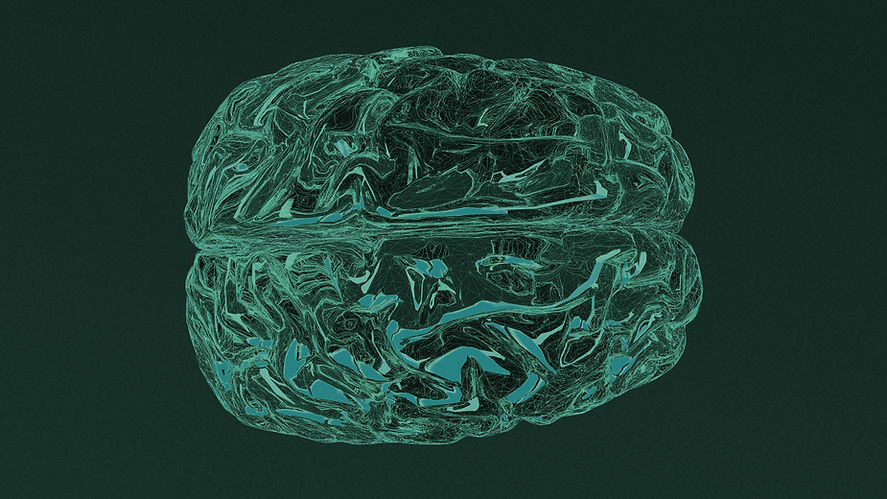
Traumatic Brain Injury
Traumatic brain injury (TBI) is a neurological injury that can affect the cognitive, emotional, psychological, and physical functioning of an individual. The clinical neuropsychologist working with TBI patients must take a holistic approach when assessing and treating the patient and consider the patient in total, including premorbid and post-incident factors, to formulate a comprehensive and accurate picture of the patient. This approach will guide the clinician regarding multiple types of treatment the patient may require.
Tramatic Brain Injury can vary in severity, and there are a number of individual factors which can influence the scope and severity of the injury, and its short and long term effect on the daily function of the effected individual. It is widely known that the impact on thinking, mood regulation and behavior are the most salient outcomes of TBI.
While diagnosis and management of patients with TBI typically involved coordination among several healthcare specialists, neuropsychologists have extensive training in observing and measuring the effects of TBI. Neuropsychological evaluations have long been considered to be the most effective way to measure the impact of TBI on a specific individual, and to measure recovery of the specific brain functions which are damaged as the result of a TBI.
The cognitive/emotional/behavioral impairments which characterize a TBI can have devastating impact on the individual's ability to work as well as their ability to fulfill family and social obligations. A comprehensive evaluation by a neuropsychologist is essential to help patients and their family members understand the impact of the injury on the individual. Also, examination results can be used to help modify a patient's environment to "work around" their weaknesses, to plan for rehabilitation, and to maximize return to a person's previous level of functioning.
